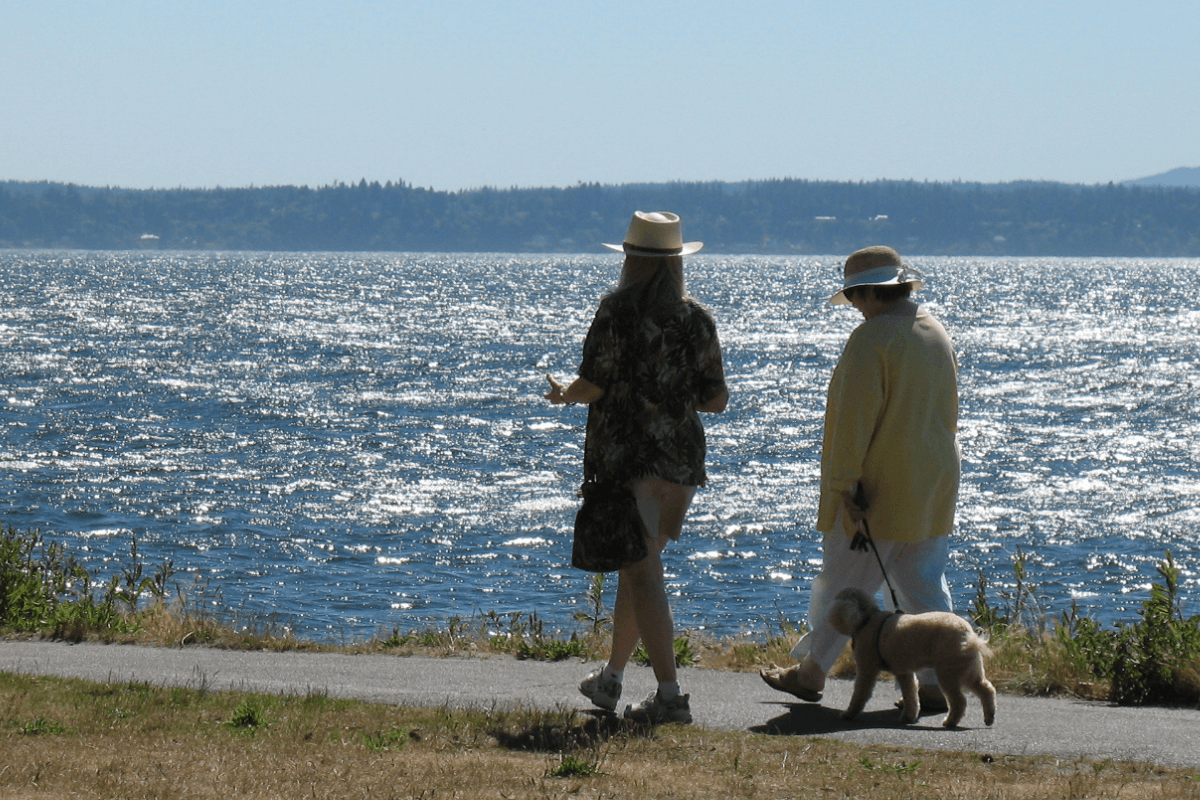COVID has changed our daily routines, separated us from loved ones, and put a pause on our future plans.
While it’s important to acknowledge that some people have suffered from COVID-related issues such as loneliness, loss of income, or increased rates of domestic violence, there have been some positive outcomes from the pandemic too.
Some people might be feeling more grateful for their friends and family, making increased efforts to spend quality time together post-lockdown.
Or perhaps they’re enjoying the flexibility of working from home as this has become a more common practice throughout businesses.
COVID has impacted everyone in one way or another.
We explore some of the potential lasting mental health and behavioural impacts of the pandemic.
Anxiety around our health
It’s reasonable to feel more worried about your physical health than you were before the pandemic.
You might find yourself singing ‘Happy Birthday’ in your head (twice) while washing your hands for the foreseeable future.
Improved hygiene practices aren’t necessarily a bad thing, but if excessive stress or fear around your health are negatively impacting you, it might help to speak to a counsellor.
Hesitation to make big plans
COVID has demonstrated how life can change very quickly (and very unpredictably) from one day to the next.
This ongoing uncertainty has some of us putting off future plans (like booking a holiday) or big life changes (like buying a house or changing jobs) until we feel like things have gone back to “normal”.
We explain why you should still take leave during COVID in this blog post.
Mental fatigue
Changing COVID mandates can be hard to keep up with. They require us to think through our daily routines in a way we’ve never had to. For example, the simple task of buying the groceries or going out for a meal.
“Before COVID-19, we walked through the door of a building,” an RAQ practitioner explains.
“Now we have to QR scan, put on our masks, and stay 1.5 metres apart. We make conscious decisions about how to enter a building, whereas a year ago, we just walked in.”
All this conscious decision-making can be exhausting and can impact our mental health and resilience.
Smaller – but closer – social networks
If COVID caused you to lose touch with some friends but become closer with others, you’re not alone. Research shows a lot of people ‘pruned’ their social connections during lockdowns, choosing to connect only with the people we were closest to.
It’s possible this ‘quality over quantity’ attitude toward friendship might continue as we prioritise our time and effort to nurture our close relationships. You can read more about how COVID has impacted our friendships in this blog post.
If you’re having a hard time or want to explore how COVID has impacted you, talking to a counsellor might help. You can learn more about our counselling service here, or call 1300 364 277 to make an appointment in person, over the phone, or via Zoom.

